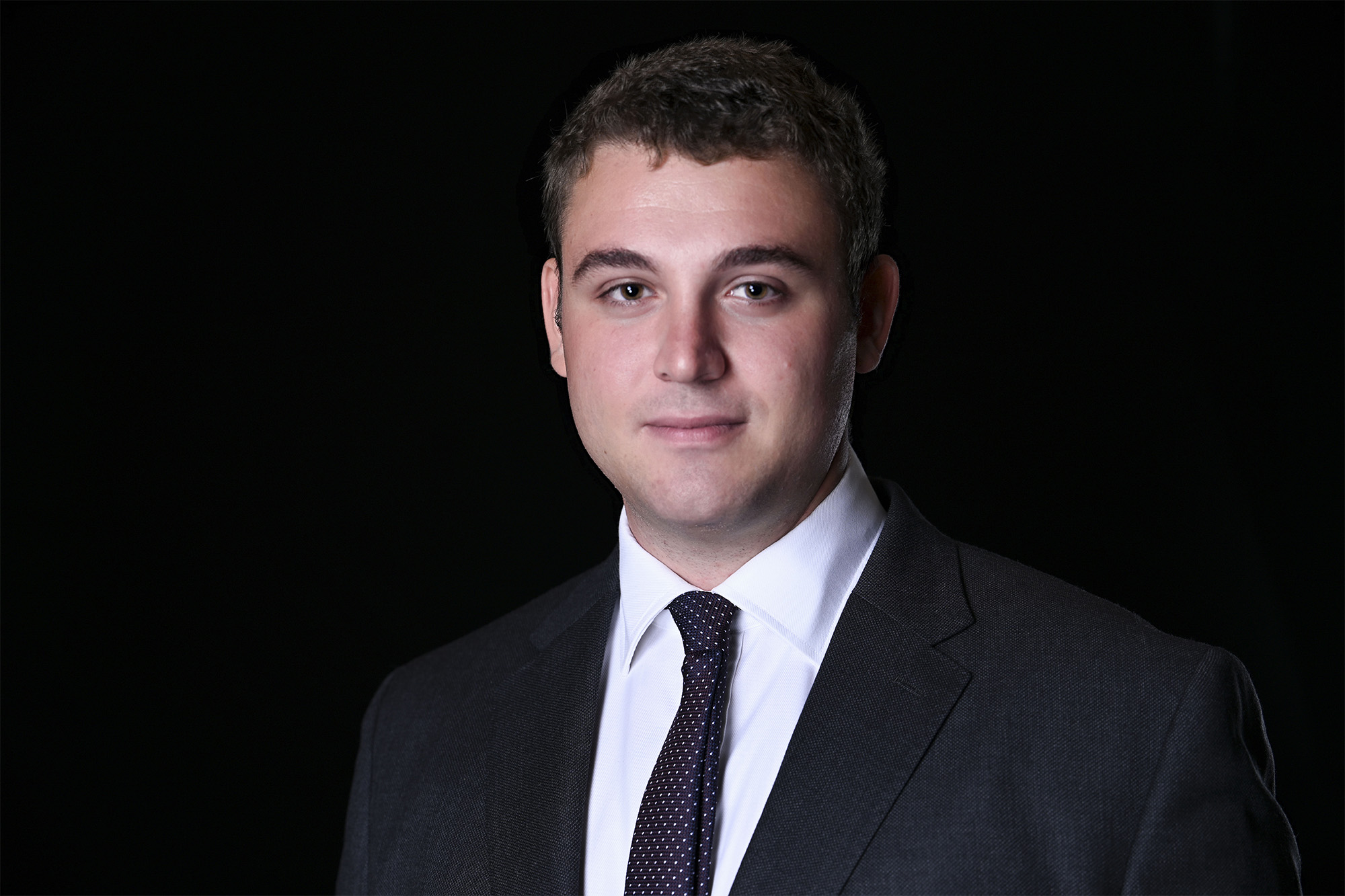European Arrest Warrants
A European Arrest Warrant (“EAW”) is a mechanism for requesting that an individual be extradited to face the criminal justice system in the requesting state. It is an instrument developed under European Union law based on the principle of mutual recognition. EAWs issued before the end of the Brexit transition period remain valid in the UK, and a similar system between the UK and EU countries has now replaced it under the UK-EU trade deal. Since 2009, 12,292 EAWs have been sent to the UK by Romania, the third highest rate of any EU country. 1,690 arrests were made on the basis of those warrants, and 993 surrenders were enforced, also coming in third place.
The judgment
At the time of judgment, the Bucharest Court of Appeal had withdrawn the EAW against Mr Popoviciu, so the case had become academic for him as an individual [5]. The Supreme Court nevertheless gave judgment to clarify the discrete point of law raised, which can be put as follows:
Where a requested person alleges they have been convicted in a trial that was so “flagrantly unfair” that it deprived them of the essence of their right to a fair trial under Article 6, and that accordingly extradition would violate their right to liberty under Article 5, do they have to prove on the balance of probabilities that their foreign trial was flagrantly unfair?
In short, the Supreme Court answered the question in the affirmative – yes.
The High Court, in the decision under appeal, had determined that the test was whether there were ‘substantial grounds for believing there was a real risk’ that the trial had been flagrantly unfair, a lower standard. The Supreme Court disagreed. It considered both English law and Strasbourg jurisprudence, both of which indicated that a different standard should apply to determining past events as compared to assessing the risk of future occurrences. With Strasbourg case law leaving open the possibility of a distinction between the two scenarios (past events and future risk) [58-67], clear English authorities convinced the Court that the ‘balance of probabilities’ (meaning “more likely than not”) was the proper test for allegedly flagrantly unfair foreign trials that have already taken place [68-71] [78]. That is the upshot of the decision.
However, there is an exception to the test for cases involving evidence obtained by torture, where the lower standard (‘real risk’) is still applicable, in that it is only necessary to show a real risk that the evidence was so obtained [64]. Moreover, although the Court did not expressly decide the point, it strongly indicated that the test for ‘accusation’ cases, where a foreign trial is pending and has not yet taken place, also remains at the lower standard [58-59] [67] [71].
The Supreme Court also determined that it would (had the EAW not been withdrawn) have remitted the case to the High Court, for it to decide upon the factual question of whether Mr Popoviciu had exhausted domestic remedies in Romania, a requirement for him to access Strasbourg justice. In doing so, the Supreme Court noted that the Romanian state is notionally bound to cooperate with article 5 or 6 compliant proceedings in Romania, but recognised that the availability (or not) of an effective remedy in Romania in the instant case was “arguable”.
Lord Lloyd-Jones was also critical of the High Court’s decision to allow fresh evidence to be adduced concerning the independence of the first-instance Romanian judge, after which the High Court heard (and accepted at [162]) allegations of the judge’s impropriety, corruption, bribe-taking and contact with the complainant in Mr Popoviciu’s case.
Comparative analysis
Continental European courts have recently taken strong stances against Romanian-issued EAWs, either based on the risk of unfair trial or due to the adverse prison conditions individuals are likely to face on return. After hearing human rights arguments, Mediterranean courts have refused to enforce Romanian EAWs, and have allowed at least one defendant to serve out his sentence in Italy instead.
Benyamin Steinmetz, an Israeli businessman accused of criminality in Romania and convicted in absentia, had his extradition blocked for the second time after both the Athens Court of Appeal (16 March 2022 No.45/2022) and thereafter a Cyprus court found that there was a real risk of inhumane treatment in Romanian prison were he to be returned, potentially breaching Article 3 ECHR. The Athens court also found that the judicial procedure underpinning his EAW was in question. In particular, the judge who issued the EAW was found not to have sworn an oath of office and had been a personal advisor to the prosecutor who brought the charges against Steinmetz. Swearing an oath is a procedural requirement for becoming a Romanian judge and under European law and only a competent judicial authority from a requesting state may issue an EAW.
The Romanian actor Dragos Savulescu has also recently avoided a return to Romania, and secured quick victories against his EAW in both the Naples Court of Appeal and subsequently the Aegean Court of Appeal upon travelling to Greece. Although the Italian court declined to find that his case was politically motivated, Mr Savulescu ultimately succeeded under Italian law in having his sentence executed in Italy, on the basis of his Italian residency and domicile and thereafter having his sentence served on parole (i.e. outside prison). Despite formal requests by the Italian ministry of justice, Romania refused to annul the EAW or recognise the decision of the Naples court, leading to his second detention and successful appeal in Greece.
Conclusion
The above cases are all distinct, but they point to the difficulties that can be faced in obtaining justice through the Romanian court system, despite the Romanian state’s full participation in both the Council of Europe and the European Union’s EAW framework. In fact, membership of these organisations and the mutual trust that it implies creates significant difficulties even where the substantiated facts of a case belie the request for extradition.
UK asylum claims equally face an uphill struggle where they concern EU nationals, who must show that their case raises ‘exceptional circumstances’ in order to avoid a declaration of inadmissibility, due to the presumption that EU countries are ‘safe’ countries where there is no real risk of persecution.
Although the legal consequence of Mr Popoviciu’s case is to raise the bar an individual must overcome to resist extradition on the basis that they have suffered an unfair trial in an EU state, it also demonstrates that, where an individual has clear evidence of a flagrant breach of justice, the courts are prepared to entertain the possibility — as the High Court did there.
The Supreme Court is correct in its judgment as breaches of article 5 and 6 are serious allegations to make and should not be pleaded without serious thought and evidence. We are, however, of the view that it is somewhat a political and diplomatic fiction to believe the former Soviet Bloc states have the same low levels of corruption and respect for human rights as Western European states. Given this it is important that individuals seek legal advice from specialist lawyers ideally in advance of any extradition request or at the early stages. Asylum and extradition can be run as parallel proceedings and it is important to prepare robust evidence to meet the requisite legal thresholds as set down by the Supreme Court.
Our citizenship and immigration practice has experience of complex immigration applications, including those raising human rights issues based on the right to a fair trial, as well as challenging Home Office decisions. We can advise on the appropriate application to make.





